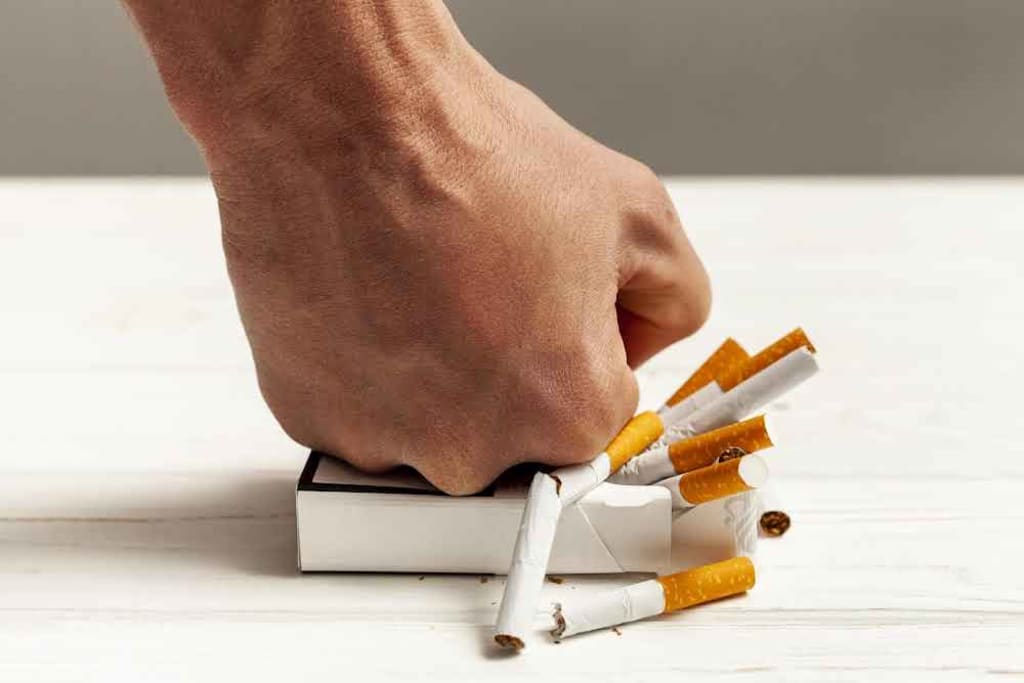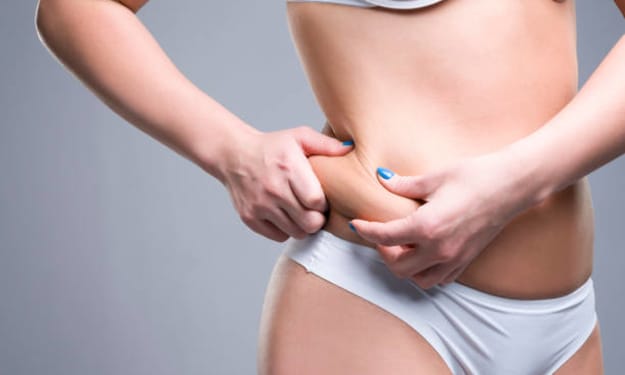What happens when you stop smoking?
The journey of quitting smoking

When you light a cigarette, more than 7,000 chemicals are released. This makes it unsurprising that smoking is a leading cause of preventable deaths worldwide. Despite this, approximately 1.3 billion people continue to actively smoke. What actually happens when you quit smoking? Within the first 20 minutes of quitting, your blood pressure and heart rate begin to return to normal. This is because the nicotine in cigarettes releases epinephrine and norepinephrine, which increase heart rate and narrow blood vessels. These effects also cause smokers' extremities to feel colder. However, after quitting, your hands and feet gradually return to their normal temperature.
After 2 hours, nicotine cravings start to emerge, leading to moodiness, drowsiness, tense feelings, and even difficulty sleeping. Nicotine also releases more dopamine than usual, so these physiological responses are expected when its release decreases. Around 8 hours after quitting, inhaled carbon monoxide clears from your body, allowing oxygen levels in the bloodstream to normalize. Carbon monoxide and oxygen compete to bind to hemoglobin, the protein responsible for transporting oxygen, and as carbon monoxide clears, there is more room for oxygen. For long-term smokers, carbon monoxide exposure causes red blood cells to increase in size, resulting in thicker blood, higher blood pressure, and an increased risk of developing blood clots.
Surprisingly, after 24 hours of quitting, coughing may increase. This is your body's way of clearing out the toxins from your lungs. Additionally, the risk of developing various coronary artery diseases decreases at this point. Within 48 hours, nicotine and its metabolites are completely eliminated from your body. Damaged nerve endings then begin to regrow. The tar and other chemicals in cigarettes leave fewer taste buds that are flatter and have fewer blood vessels. However, they gradually regain their sensitivity, making food taste better. It's worth noting that chronic smokers may have irreversibly damaged taste buds by this point.
At the 72-hour mark, nicotine withdrawal peaks, leading to symptoms such as headaches, nausea, cramps, anxiety, and depression. These symptoms are commonly experienced when withdrawing from addictive substances, including caffeine. However, after this period, the worst is officially over. After one month of quitting, the risk of developing type 2 diabetes, cancer, and cardiovascular diseases has already decreased. Within three to nine months, the damaged cilia in the lungs, which are hair-like structures responsible for clearing away dust and debris, are almost fully repaired. As a result, symptoms like coughing and shortness of breath are significantly reduced.
Around one year after quitting, the risk of developing heart disease as a direct result of atherosclerosis decreases by almost half. Atherosclerosis refers to the formation of fatty deposits or scar tissue on deteriorating arterial walls. In 10 years, the chance of developing lung cancer decreases to half that of someone who continues to smoke, and in 15 years, the risk of heart attack is comparable to someone who has never smoked in their entire life.
In addition to the physical benefits of quitting smoking, there are numerous other positive changes that occur when you kick the habit. Your sense of smell and taste improve, allowing you to savor the flavors and aromas of food in a way you may have forgotten. Your overall lung function gradually improves, leading to increased stamina and easier breathing during physical activities. Not only does quitting smoking have a positive impact on your own health, but it also benefits those around you. By quitting, you protect your loved ones from the harmful effects of secondhand smoke, reducing their risk of developing related health issues. Quitting smoking is a transformative journey that brings about long-term benefits for both your well-being and the well-being of those you care about.
Feel free to ask us any questions you may have in the comments section.
About the Creator
Eunice Afonso
Everyday, new articles about health and science curiosities are published! Feel free to read as many as you want and to leave your feedback!





Comments
There are no comments for this story
Be the first to respond and start the conversation.